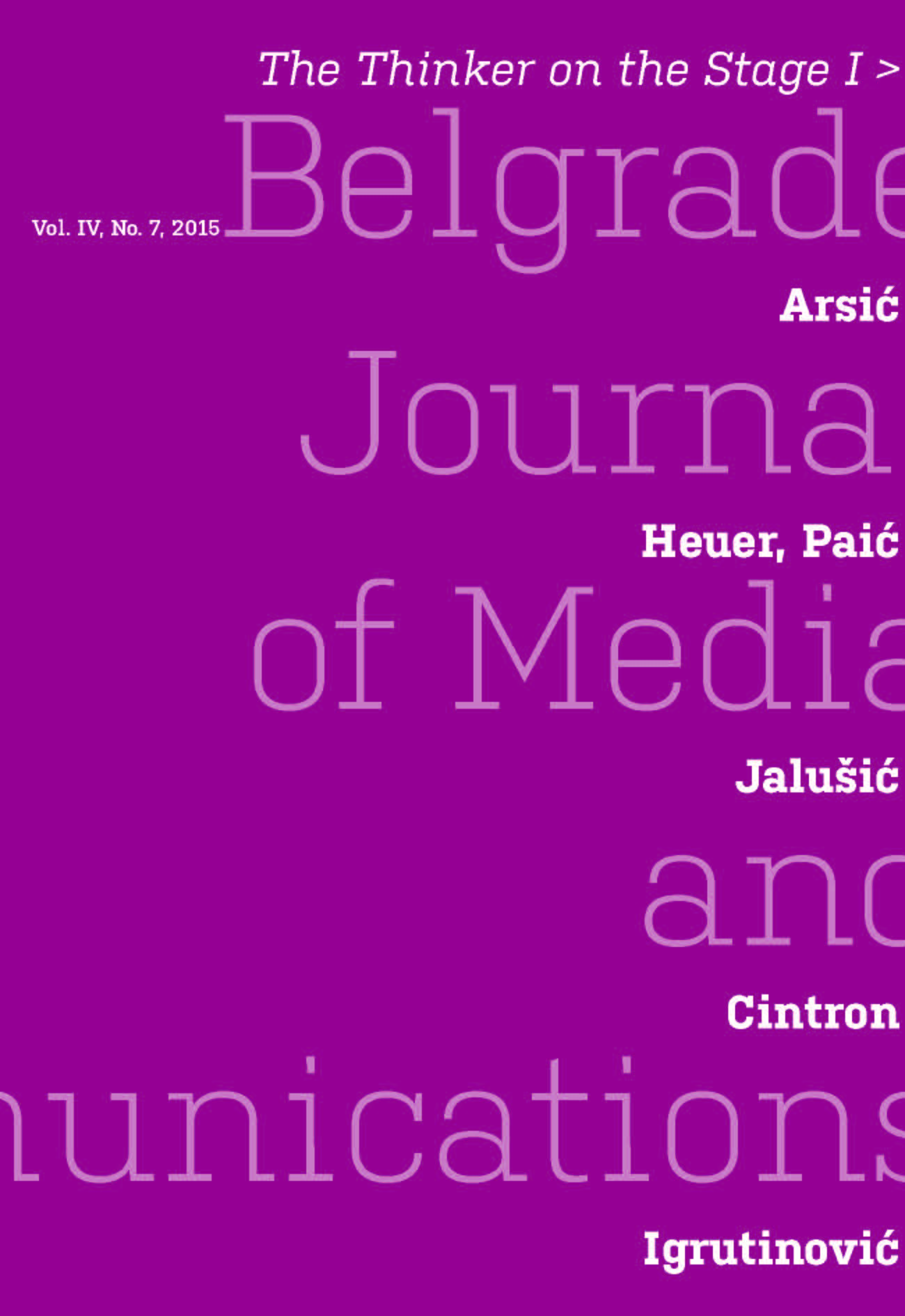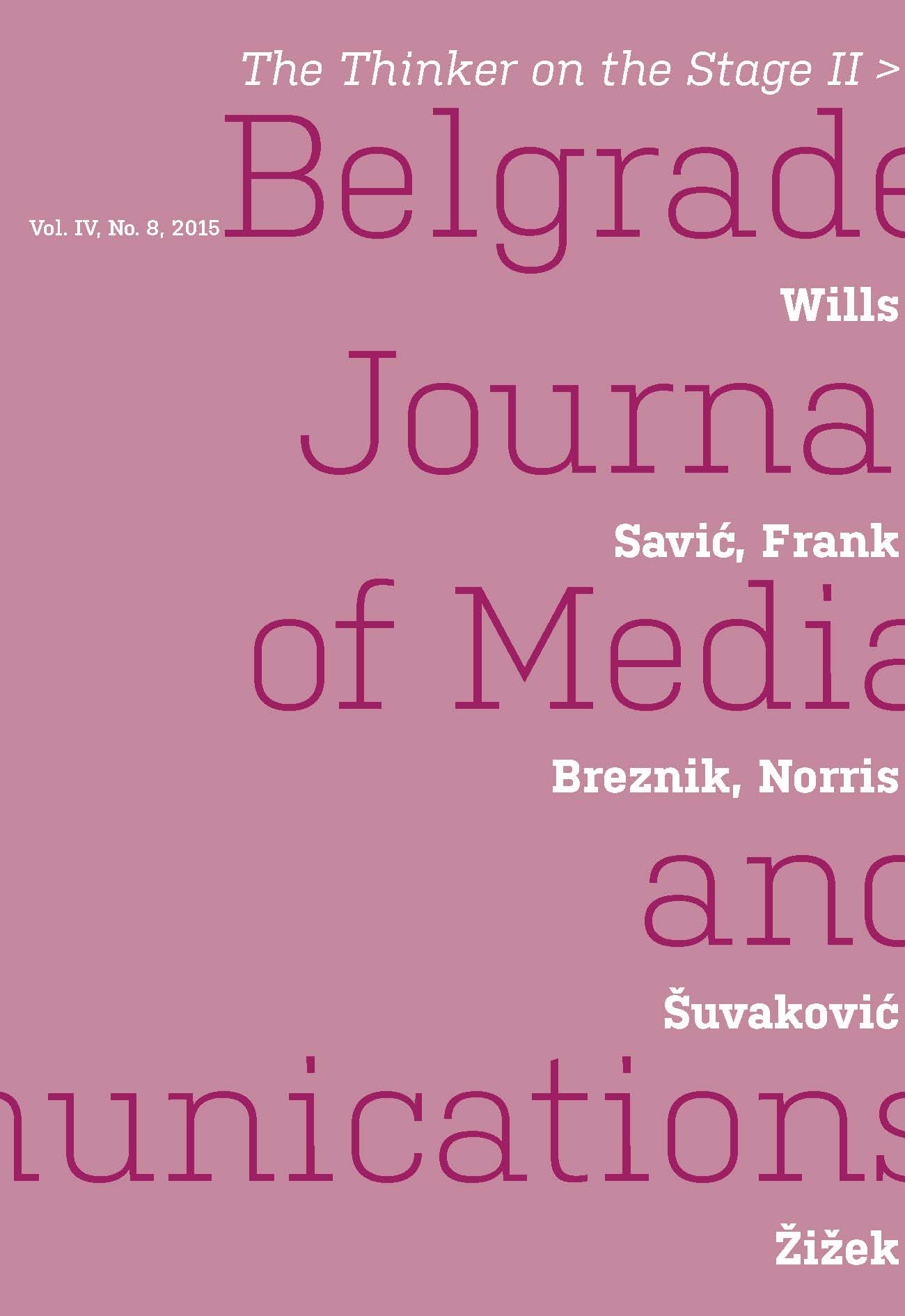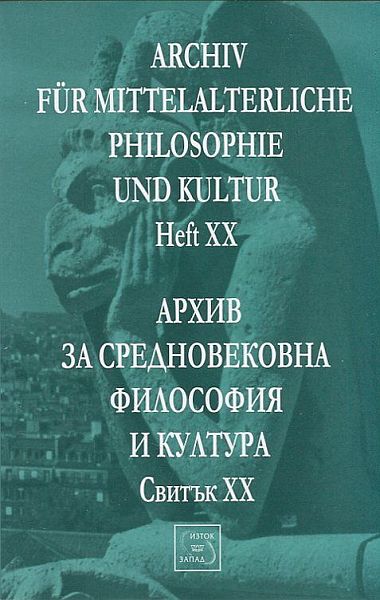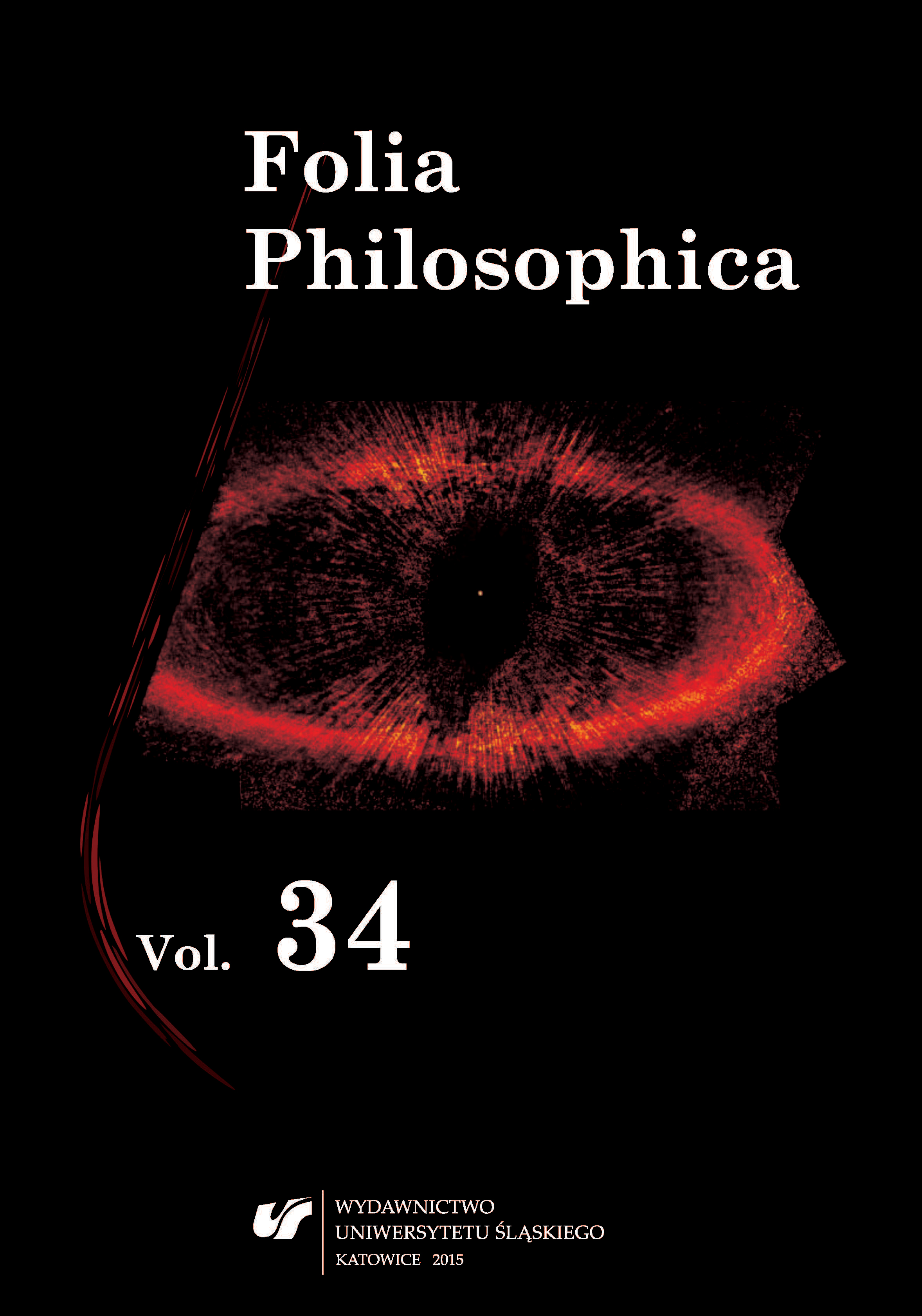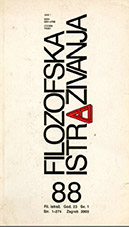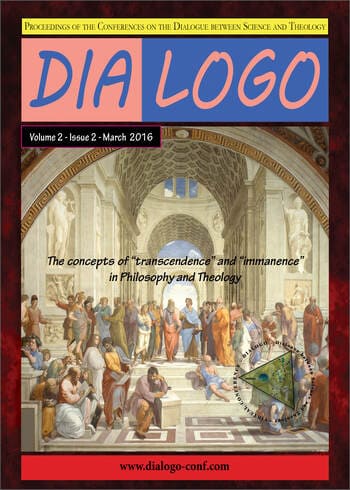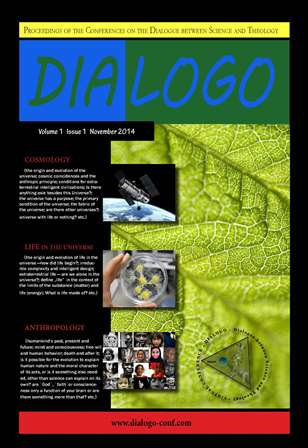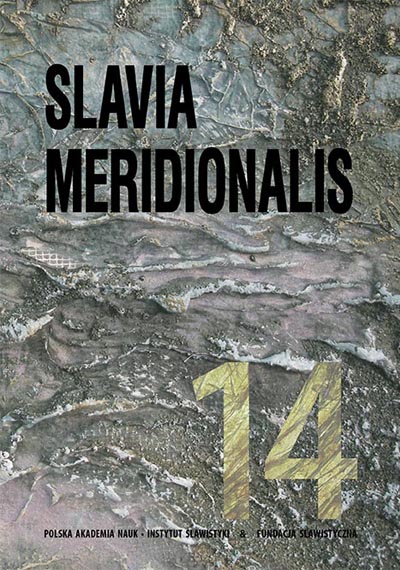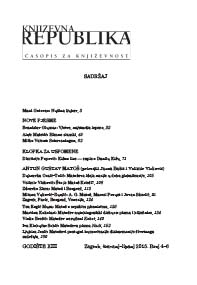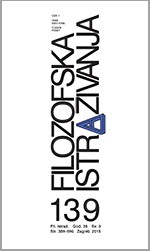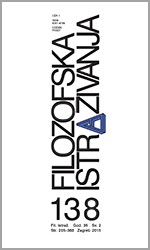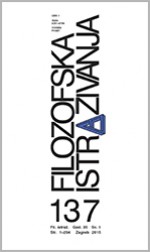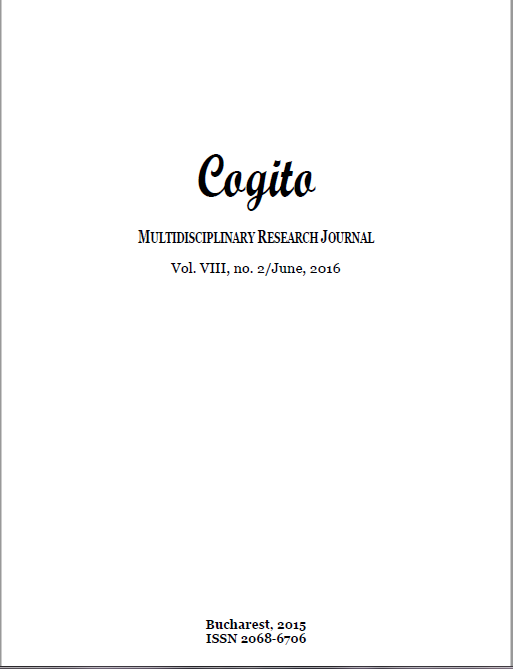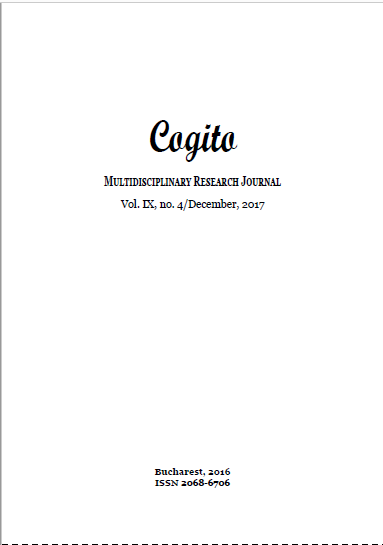Author(s): Tonči Matulić / Language(s): Croatian
Issue: 01/2003
On the scent of historical and anthropological constants of religion and technology many are inclined to believe that technology, together with natural sciences, was absent, even persecuted, while over all dominated religion. Even thou this was, historically seen, partly the case, it shouldn't be excuse for any kind of attacking of some particular religious faith in contemporary world for ecological crisis and for danger of human starvation. While sometimes in the past the religion was trying to replace, in terms of authority, the role of technology and natural sciences, during last four centuries a lot of people thought that religion might or even should be replaced with technology and natural sciences. However, this article inherits two general understandings. First, humans are essentially cultural beings and religion is essential part of the culture. Every historical attempt to reduce religion to self-projection (Feuerbach), to opium for the people (Marx), to great illusion (Freud), and to death of God (Nietzsche), practically hasn't succeeded. On the contrary, the religion is today more vital than ever before regardless the exact meaning of that assertion, in terms of what kind of religious phenomena prevail in today' s world. This vitality does not depend exclusively on the duration of revealed religions, such as Christianity, and their institutions, but also depends on the destructiveness of the effects of modern technology allied with natural sciences. The humanity needs salvation and that salvation won't come from technology! Furthermore, humans are essentially laborious - technical - beings. There is no doubt that the formation of the culture dues exclusively to spiritual and material activities of man, as we can see it from the prehistoric primitive shaping to the modem Internet and interventions into molecular level. According to these two general understandings, the author seeks way how to prevent the continuation of an old hostilities between religion and the technology (natural sciences!). It is clear today that neither religion can replace technology and natural sciences nor these last can replace religion. But the question remains what technology really means? According to M. Heidegger, the question of technology remains open until it is understood in terms of its traditional, e.g. anthropological and instrumental meaning. What we need is to rethink the true meaning of technology from itself. The technology has its essence and this essence is not to be investigated from traditional point of view but from its very being the technology as such. Instead of this fact there is one solid point where religion can meet technology. This point is called ethics. Is it everything ethical what is technically achievable remains as a fundamental issue in dealing with technological matters. Furthermore, there is the need for methodological reflection upon philosophical and ethical meaning of modern technology. The religion is too general and undetermined notion. Because of it, the author considers the possibility of academic theology to enter in an interdisciplinary dialogue with modem technology.
More...
